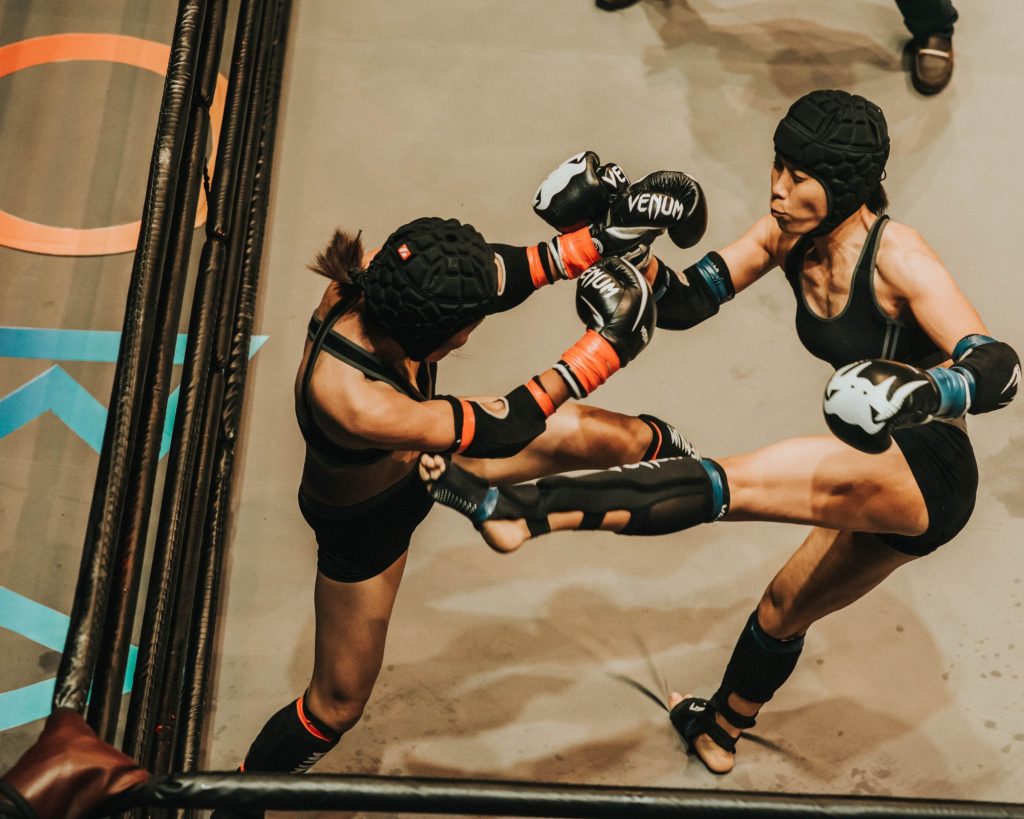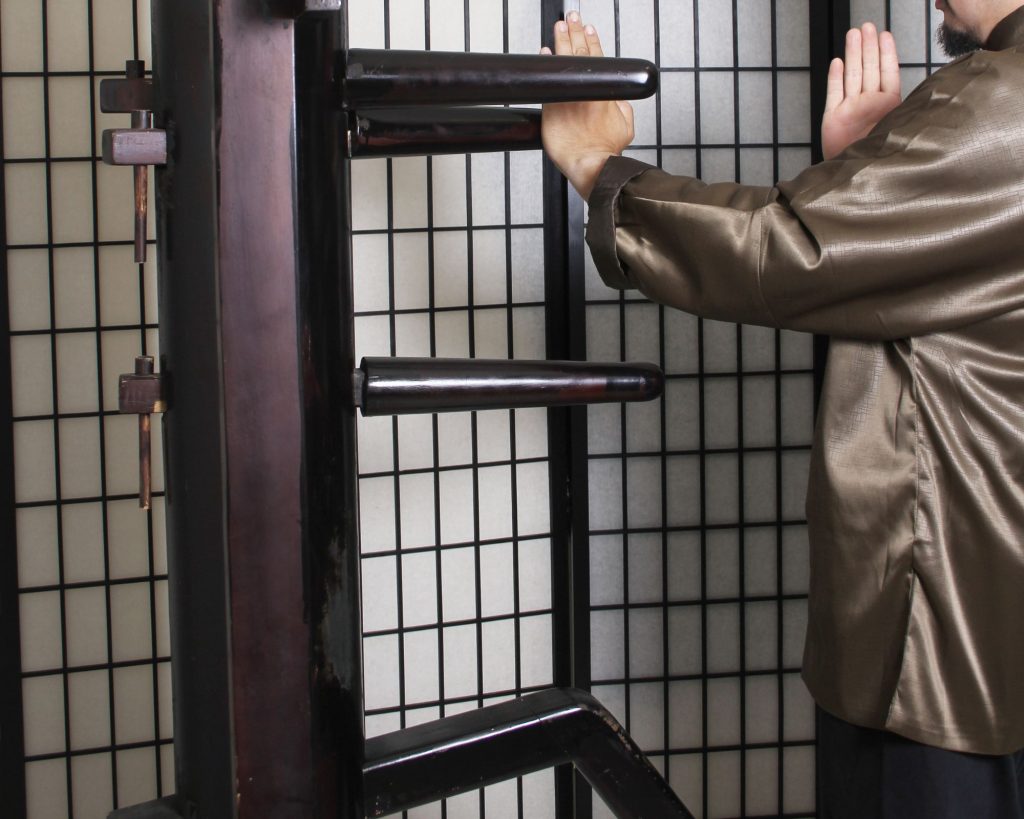
MMA, or mixed martial arts, is a fighting style that incorporates various techniques from different martial arts, including boxing, wrestling, and jiu-jitsu.
However, one fighting style that is seldom seen in MMA is Wing Chun. Although it's a popular martial art, many people wonder if it's illegal in MMA.
In this article, we will explore the main differences between Wing Chun and MMA, its effectiveness in MMA, the challenges of using it in MMA, famous Wing Chun practitioners in MMA, and why Wing Chun may not be seen in MMA.
The Main Differences Between Wing Chun and MMA

At the core of Wing Chun is its focus on close-range combat, a strategic approach that is distinct from the broader range of techniques employed in mixed martial arts (MMA).
In Wing Chun, the goal is to use quick and efficient strikes to gain the upper hand over opponents, with a focus on defense rather than offense.
This requires a deep understanding of the nuances of sensitivity, timing, and positioning, all of which are central to the Wing Chun approach.
MMA, on the other hand, is a full-contact combat sport that blends techniques from a range of martial arts to create a comprehensive fighting style that can be effective in many different scenarios.
This means that MMA fighters must be adaptable and versatile, able to switch seamlessly between different techniques depending on the situation at hand.
While both Wing Chun and MMA share a focus on combat and physicality, the approaches taken in each are fundamentally different. Wing Chun prioritizes defense and sensitivity, while MMA emphasizes adaptability and versatility.
Wing Chun's Effectiveness in MMA

Wing Chun, a martial art with a reputation for effectiveness, has found success in various scenarios including self-defense and combat sports. However, when it comes to MMA, its viability is questioned due to the sport's strict rules and regulations.
The focus on close-range combat in Wing Chun may not be the best fit for MMA, where fighters must be able to compete at many different ranges, including long-range and ground combat.
Moreover, the emphasis on sensitivity and timing in Wing Chun may not be as advantageous in the fast-paced and unpredictable environment of MMA, where fighters need to react quickly to ever-changing situations.
Despite these challenges, Wing Chun practitioners have found success in MMA by adapting their techniques and combining them with other martial arts to create a unique and effective fighting style.
With dedication, hard work, and innovation, Wing Chun can be a valuable asset for MMA fighters looking to diversify their skills and gain an edge in the ring.
Challenges of using Wing Chun in MMA

Using Wing Chun in mixed martial arts (MMA) presents a unique set of challenges. The defensive nature of the martial art, prioritizing evasion over offense, may prove less effective in the aggressive arena of MMA.
While Wing Chun's expertise lies in close-range combat, MMA fighters must be versatile and skilled in combat at many ranges. This could make Wing Chun a less viable option in the octagon.
A fighter's success in MMA is often determined by their ability to both attack and defend with equal ferocity. While Wing Chun's avoidance techniques can be useful, fighters must be able to strike their opponents effectively to gain the upper hand.
MMA also demands fighters to be able to switch between different ranges at a moment's notice, from close-range exchanges to ground combat. Wing Chun's emphasis on close-range combat may not provide the same versatility required in the unpredictable environment of MMA.
Despite these challenges, some Wing Chun practitioners have adapted their techniques to MMA and found success. By blending Wing Chun with other martial arts, fighters can create a unique and effective fighting style that incorporates the best aspects of each.
Famous Wing Chun Practitioners in MMA
In the world of MMA, Wing Chun is not a widely used martial art. However, there are some notable exceptions.
One of the most iconic fighters to have incorporated Wing Chun techniques into his repertoire is none other than Bruce Lee. His incredible skill and agility were a testament to the effectiveness of this martial art.
Another fighter who has been known to use Wing Chun in his fights is Anderson Silva. His precise strikes and unpredictable movements have made him a formidable opponent in the octagon.
While not as common as some other martial arts in MMA, Wing Chun has proven to be a valuable asset for those who have mastered its techniques.
The dedication and discipline required to become proficient in Wing Chun are evident in the success of these fighters. Through years of training and hard work, they have honed their skills to create a unique fighting style that sets them apart from their opponents.
Wing Chun's emphasis on speed and agility make it a powerful tool in the hands of a skilled fighter. As more and more fighters discover the benefits of Wing Chun, it's likely that we will see its use become more widespread in the MMA community.
Conclusion: Wing Chun's place in MMA

Wing Chun is a highly effective martial art that can be used in many different scenarios, including self-defense and combat sports. Although it's not commonly seen in MMA, there have been some famous fighters who have used their Wing Chun skills in the sport.
However, its effectiveness in MMA is questionable due to the sport's rules and regulations. So at the end of the day, it's up to the individual fighter to determine whether Wing Chun is a suitable martial art for their fighting style and goals.
[author-box-jpx-fitness]
